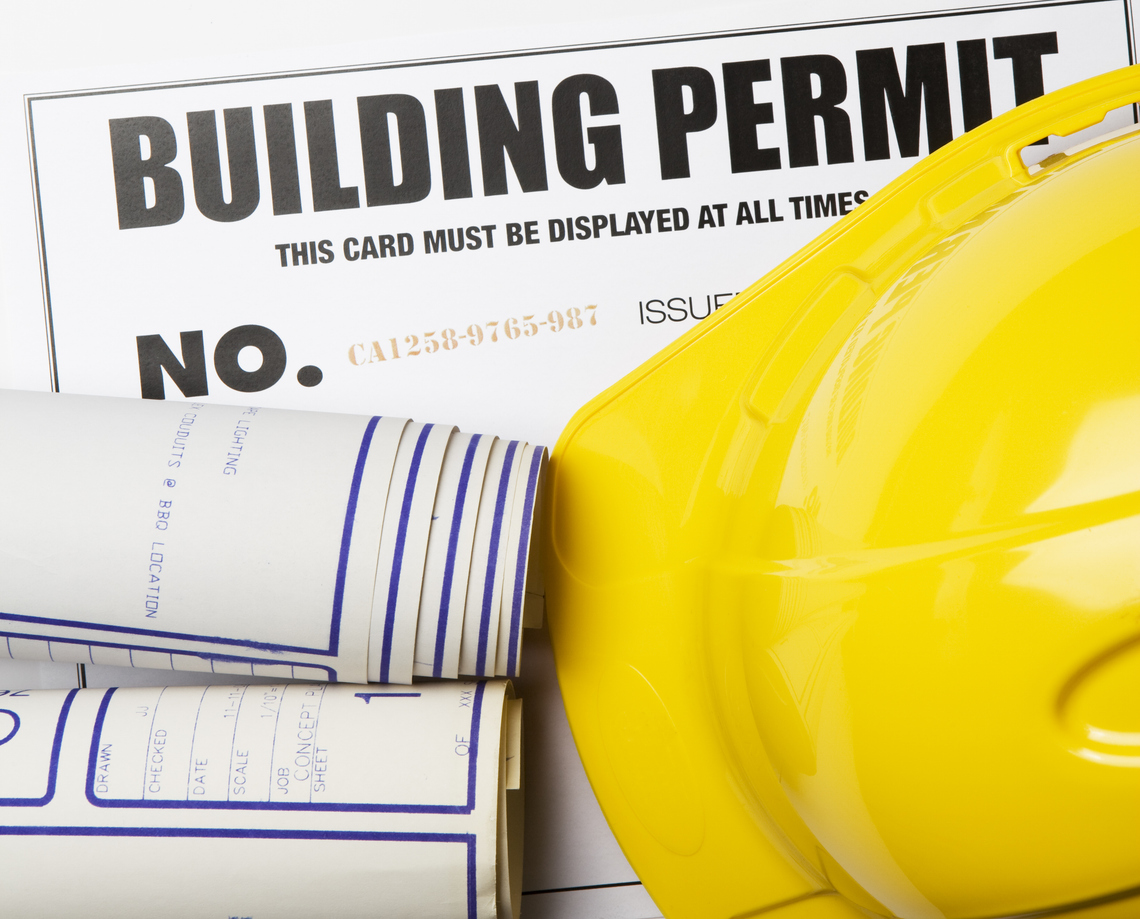Steve Badger thought I was dead on the ropes. He left himself wide open when he admitted that the first three things he does when he wakes in the morning is to get a cup of coffee, open the news, and read Chip Merlin’s blog. The conservative Lloyd’s crowd laughed heartily when I replied that Steve’s life needs a little more excitement if reading this blog is making his first three things he does every morning list.
Steve Badger gets an A+ for courage. Public adjusters should not be so quick to criticize him after he told the audience that hiring a qualified and ethical public adjuster is something every policyholder should consider. We were taking polls on various topics, and the audience was nearly unanimous in their dislike for public adjusters. Steve did not have to say anything nice about the role professional public adjusters can play, but he did.
Which brings me to the next important point about the state of public adjusting. I would suggest that when somebody provides a view to others that is accurate but does not have to be said, the credibility of the person is enhanced. So, when Steve Badger also criticizes the public adjusting profession for having too many public adjusters that do not know what they are doing and are not honestly presenting claims, maybe the public adjusting profession should pay attention.
The barriers to becoming a public adjuster in most states are minimal. My girlfriend studied half a day and passed the Texas public adjusting licensing examination. She has never been an adjuster or received any special training regarding adjusting. She missed one question.
It is hard to call public adjusting a profession when so many can obtain a license and practice the trade of public adjusting with zero experience. There is currently no requirement to receive a college degree with specialized study in each of the various areas all public adjusters should know. The vast majority of states do not require any experience.
The leadership within the Florida Association of Public Insurance Adjusters should be congratulated for pushing for more requirements of experience and mandatory continuing education. The National Association of Public Insurance Adjusters should be commended for establishing criteria to obtain certifications within the field of public adjusting, which requires experience, study, and much more strenuous testing than the state tests. I discussed the role NAPIA has played in making public adjusting a profession in The History of NAPIA and Its Importance to the Public Adjusting Profession.
If Steve Badger is only partly correct, public adjuster licensing should be more challenging at the entry-level if public adjusters are serious about changing their perception within the insurance industry and with the general public. This should be a topic of discussion within state and national public adjuster associations. What is the downside?
There were many more topics quickly debated and discussed. But one of my first thoughts was about the perception of public adjusting and the first steps that could be taken to change that. For the very qualified public adjusters that I know and who Steve Badger suggested policyholders should hire, I would think you would want to see that change. If you truly care about being seen as a true practitioner in a profession devoted to helping the insuring public, the standard to become and remain a public adjuster should be quite a bit higher than it is.
Thought For The Day
If you think it’s expensive to hire a professional to do the job, wait until you hire an amateur.
—Red Adair




